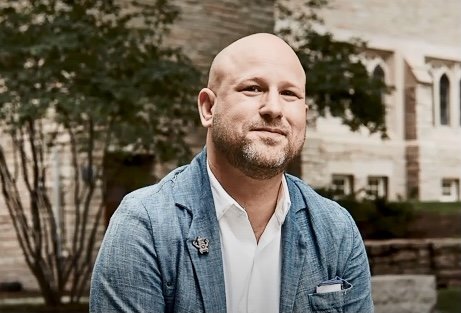Blog Post
Harvard’s new chief chaplain is an atheist, claims US politics is his true religion
By Jonathon Van Maren
It’s 2021, and anything is possible. A man can be a woman. A woman can be a man. A man can get pregnant. There are so many genders you can identify as pretty much anything you’d like to — the trans-racial trend is just around the corner. In fact, definitions are now so fluid that Harvard’s new chief chaplain, Greg Epstein, is an atheist and the author of a book titled Good Without God.
It’s worth noting that Harvard was founded in 1636 by John Harvard, a Puritan clergyman. Like other elite institutions, it was rooted solidly in the Christian faith. Now, it is rooted in nothing at all. Greg Epstein, in fact, was elected unanimously to his new position as chief chaplain, which heads up the organization of chaplains for the entire university.
Epstein, understandably, was thrilled. “Thank you to the humanist institutions who inspired me down this now 20+ year path,” he said on Twitter. “I wouldn’t be here but for you; you mean so much to so many of us. Thank you humanist allies in US politics, my true religion. Thank you interfaith groups who bravely set a precedent of warm partnership w/humanists like me.”
You read that right — Harvard’s new chief chaplain says that U.S. politics is his “true religion” — that, or the Yankees. Everyone has to worship something. Epstein’s choices are common, but render him particularly unqualified for the role that he’s taken on.
Epstein’s tasks will include leading over 40 chaplains from a wide range of religious backgrounds, including Jewish, Hindu, Buddhist, and Christian. Epstein, believing in none of these traditions and rejecting the existence of God entirely, also says that he is a rabbi “through the Society for Humanistic Judaism,” whatever that is.
Unfortunately, Greg Epstein does represent a growing portion of the American public: those who do not believe in God and reject Judeo-Christian values, but hold to a vague, consumer-style spirituality that allows them to cling to some semblance of transcendence while living like pagans. Sociologist Christian Smith called it “moralistic therapeutic deism,” and it is rapidly becoming the defining worldview of the upcoming generation.
READ THE REST OF THIS COLUMN HERE








